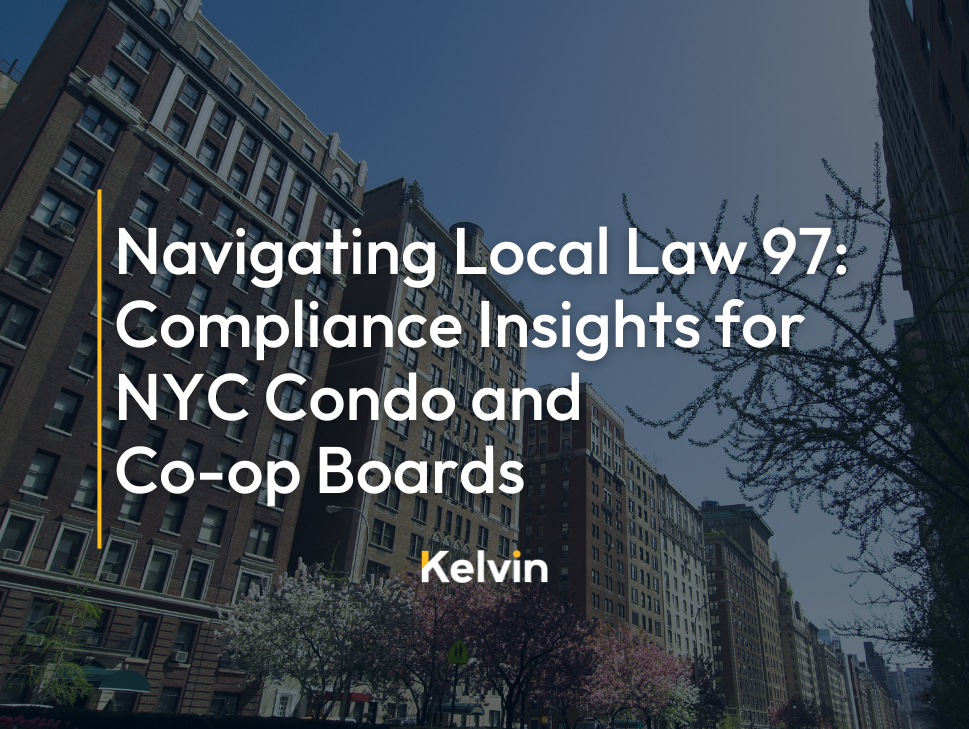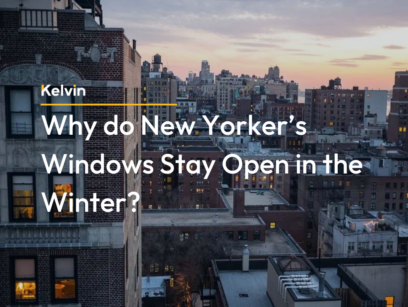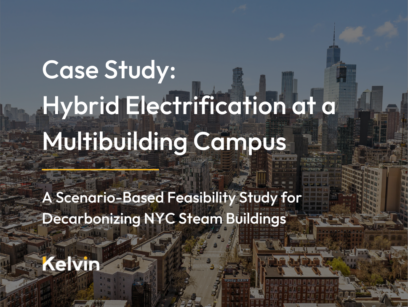
Local Law 97 represents a significant step for New York City in its pursuit of environmental sustainability, setting ambitious targets for large buildings to drastically cut carbon emissions. Starting in 2024, the law will apply to buildings over 25,000 square feet, aiming to cut emissions by 40% by 2030 and 80% by 2050. This legislation poses challenges and opportunities for condo and co-op boards, requiring strategic planning to navigating Local Law 97.
Embracing Good Faith Efforts
Buildings must demonstrate their commitment to reducing emissions through concrete actions to meet Local Law 97’s requirements. This involves adhering to existing environmental regulations, the timely submission of emissions and energy use reports, and improve lighting systems. Developing a comprehensive carbon reduction plan by early 2025 or making significant progress towards current emission targets will also underscore a building’s dedication. These efforts take into account the financial strains from the pandemic and the substantial investments needed to comply with the law.
Balancing Strategies and Penalties
Reactions to the law’s final rules vary, underscoring the challenge of aligning environmental goals with practical implementation. Buildings impacted by unforeseen events like natural disasters can seek exemptions from fines by proving such events hampered their compliance efforts. Negotiating agreements with the Department of Buildings (DOB) can provide a path to avoid penalties by making significant progress towards current emission targets by early 2025. While renewable energy credits (RECs) can contribute to lowering emissions, they cannot be the sole means of compliance, ensuring that buildings genuinely work towards reducing their carbon footprint.
The Implications of Non-Compliance
Ignoring the requirements of Local Law 97 can result in substantial fines, deliberately set higher than the costs of implementing eco-friendly upgrades. This stringent approach encourages the adoption of sustainable practices sooner rather than later. As the 2030 deadline approaches, buildings must evaluate their compliance status and strategize accordingly.
Proactive Steps Forward
Local Law 97 encourages condo and co-op boards to act now. Although many buildings currently meet the initial standards, achieving the more stringent 2030 and beyond goals will necessitate diligent planning and action. Consulting with experts to assess a building’s emissions and exploring funding options for green initiatives are key steps.
Kelvin’s Cozy is a solution that enhances your building’s energy efficiency in an accessible manner. This system is designed to integrate seamlessly with existing heating setups, facilitating emission reductions. Take the next step toward making your building more sustainable by reaching out for a free energy analysis. Let’s collaborate to ensure your building is in line with Local Law 97’s objectives.
Sources:
- https://www.brickunderground.com/improve/local-law-97-final-rules-good-faith-renewable-energy-credits-nyc
- https://www.brickunderground.com/boards-and-buildings/local-law-97-kicks-january-your-building-track-part-i-overview
- https://www.amny.com/news/local-law-97-nyc-co-ops-condos-upgrade-deadline/
- https://www.nyc.gov/site/sustainablebuildings/ll97/local-law-97.page#:~:text=Under%20this%20groundbreaking%20law%2C%20most,coming%20into%20effect%20in%202030.
- https://www.nyc.gov/office-of-the-mayor/news/656-23/mayor-adams-launches-getting-97-done-comprehensive-mobilization-strategy-reduce-building

